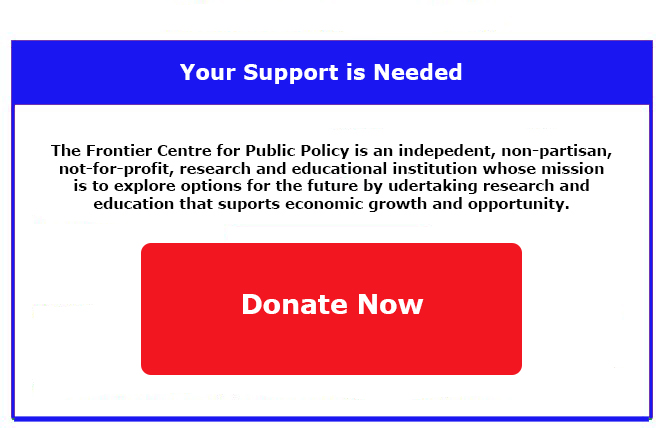The conservative or free market foundational principle that government should stay out of business was ignored by the United Conservative Party of Alberta and the premier of the provincial government. Their regime ‘invested’ what has come to be revealed as $1.3 billion of taxpayer money in the ill-fated Keystone XL Express pipeline, being developed by TC Energy. TC has now decided to definitively end and write off the project, in view of U.S. President Joe Biden’s first act upon taking office—well-telegraphed during his campaign—to cancel its international operating permit.
The entire $1.3 billion has now been lost, unless, faint hope that it is, there is possible legal action and recovery thereby. However, this seems unlikely. Suing the U.S. federal government rarely works out well. There is a slight chance that TC Energy may have political risk insurance that covers part or all of this bad outcome, but political risk insurance, even for hazardous foreign investments, is hard to get and expensive and so companies generally ‘self insure’ and book or set aside a partial potential loss, if any.
So, Albertans are stuck with yet more losses piled on from an earlier collapse in energy prices, the COVID-19 lockdowns and a very slow economic recovery that has devastated provincial finances. It is understandable that the current government would want to help ensure that the pipeline would be built and thus bring Western Canada Select, the bitumen-based benchmark, closer in line to continental oil prices. Obviously, Keystone was not the way to do it. Yet, it was not obvious to the braintrust in Edmonton.
The reason that governments should not go where companies may fear to tread is that they are neither commercial enterprises nor informed and skilled investors in businesses or projects. If there are companies that are skeptical about the chances of a venture succeeding, they likely have excellent reasons for that wariness. Projects with a high degree of controversy, public or strong special interest opposition or that have a politically charged aspect to them, as energy, large infrastructure or pipelines do, are bound to have high risks attached to them. Sober, prudent fiduciary stewardship of taxpayer money should mean that politicians and bureaucrats be very reluctant to speculate with that money.
The riskiness of Keystone XL Express was well known. There was considerable opposition from many quarters: various landowners in the right-of-way, including, famously, Nebraska farmers and ranchers who insisted, successfully, in a court challenge, that the route be changed; aboriginal groups, mainly in the U.S.; environmental activists; and several politicians, including, famously again, the then-presidential candidate Joe Biden. These things should have been well known to the premier of Alberta. The way to look at investing in energy and infrastructure, especially pipelines, in North America now, is the way that stock market and corporate investors look at (not) investing in unstable, politically fractious, possibly corrupt, often violent lands outside the Organization for Economic Cooperation and Development group of countries.
Bitumen and heavy oil producers in Alberta will now have to use trains and trucks to sell into the U.S. It is more expensive and hazardous than pipelines, but there is still a high likelihood of some capacity expansion coming online in the next few years in legacy pipelines, which should soothe the pain.
The best way for governments to promote and generate business investment, activity and growth is to create conditions that foster confidence that operating and investing in the jurisdiction will be attended by the rule of law, swift and fair adjudication of legal and regulatory disputes, relatively low and stable taxation, good physical infrastructure, holding suppliers to legally enforced contracts and abundant, well-trained workers who have had the benefits of a high-quality education. Governments have a role to play in doing or fostering those things efficiently and effectively. If they deal with those things well, then business investment will take care of itself, even if some foreign regimes are less than stable or rational.
There is a long list of government intrusions into business that do not end well. There is a much shorter one of those that do. Political risks are everywhere; government intervention, including ‘investing,’ in the delusional belief that pure political bravado will neutralize it, will not mitigate those risks, let alone eliminate them. Governments should stick to what they do best if there are still any such things left.
Ian Madsen is a senior policy analyst with the Frontier Centre for Public Policy.
Photo by Ezra Jeffrey-Comeau on Unsplash.



